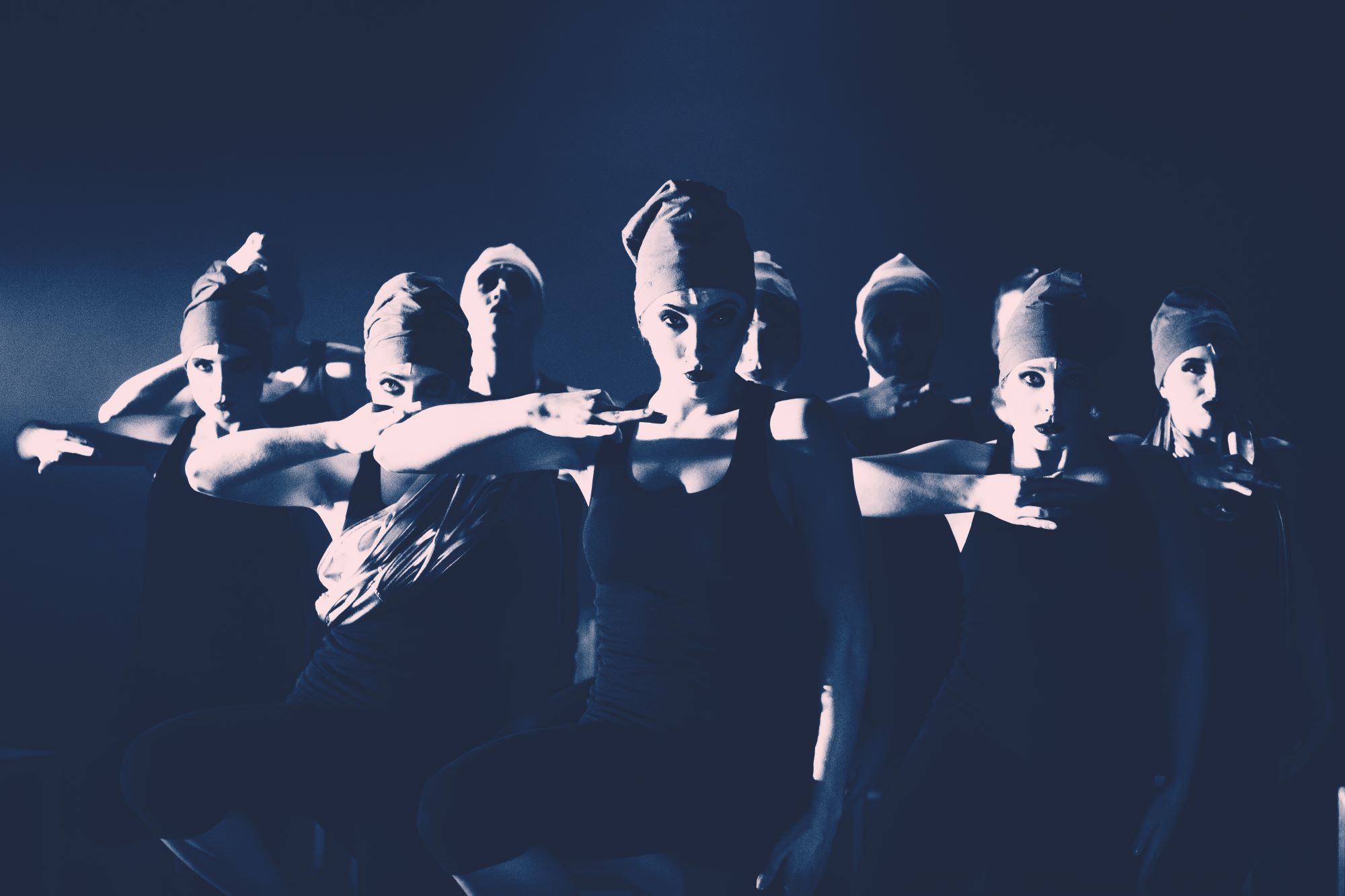
BOOK OF PROCEEDINGS 2019
Theatre Conference JAMU
Browse panelsIn November 2019 we met for the ninth time in Brno for the conference of doctoral studies in theatre practice and theory, which was held at the Theatre Faculty of Janáček Academy of Performing Arts. We focused on the experience as a research method employed in the Performing Arts. The main goal of the conference was to create a space for sharing one’s research questions, ideas, and methodologies. The conference provided a platform on which different concepts of doctoral studies and research in the field of theatre practise and theory could be contrasted.
We examined the issue well-known to all students and young researchers in theatre and other art practices – the issue of research, its methods and especially the methods which might be traditionally perceived as “unconventional”. We were interested in topics dealing with the contemporary trends in researching theatre, radio, television, and visual arts. We asked whether it is challenging the limits of research by employing methods from other branches of science (neuroscience, optics, and others) or looking for the limits of presentation of one’s research by narrative or visual techniques.
The event was attended by doctoral students and their supervisors from the Czech Republic, Slovakia, Germany, Estonia, Romania, Greece, Sweden, Poland, the Philippines, and Finland. They could choose a suitable format – paper presentations, work demonstrations, and performative lectures. One session was dedicated to poster presentations – for the first time at the conference held at the Theatre Faculty of Janáček Academy of Music and Performing Arts. The conference was concluded by the round-table discussion, which offered an opportunity to share the views and experiences of the conference as well as opinions on particular topics. The keynote speech by Johana Kotišová (Creative Methodologies: Towards More Engaging and Engaged Research) explored the potential of combining art and science. It included examples of the use of other art forms in research, such as dance performance, poetry, and theatre, and reflected on the rise of creative methodologies in general.
The audio recordings and articles discuss the identity of students of doctoral programmes in performing arts, the position of performing art academies and related institutions among the universities, the limits and methods of “artistic research”, the development of young artists, the difference between information, knowledge, and skill. They reflect and analyse the position of dramaturgy and curatorship, Ph.D. in the time of globalization, and new vehicles of expression – the usage of non-theatrical elements in theatre, as well as non-dramatic genres on stage, radio, and others.
Who are students of doctoral programmes in performing arts? Who are those artists or researchers? What possibilities do the unique combination of creating arts as well as researching them offer? What can we as the researching artists offer to the “hard science” and what can it provide to the artists? What does artistic research mean? How to create art, which would provide an opportunity for the personal development of both the creator and the spectator? How to work authentically and how to prevent the creation of art for art’s sake? How do universities and academies of performing arts respond to the current turn in the power relations in the arts? These questions were raised and tried to be answered at the conference as you can see in this multimedia book of proceedings.